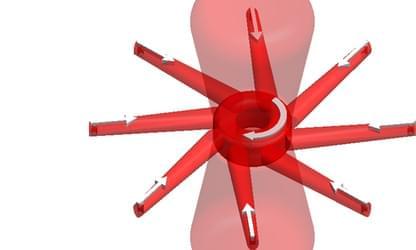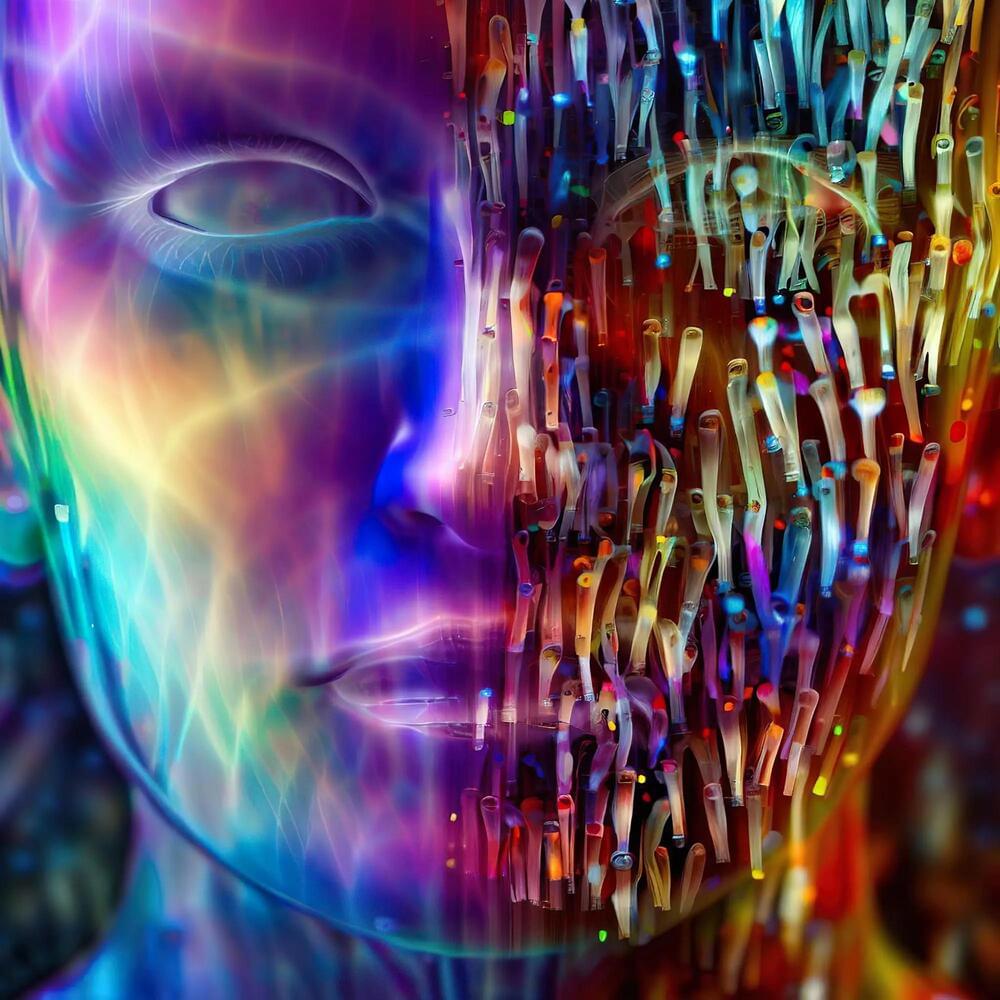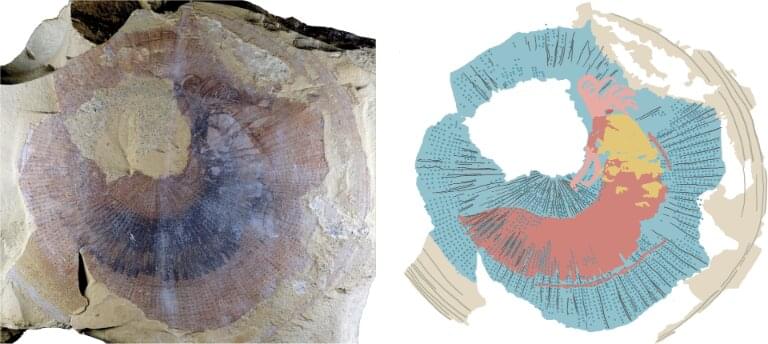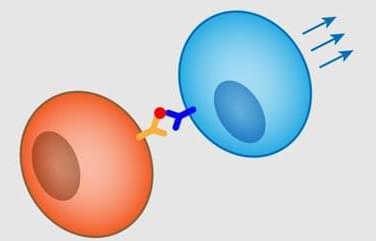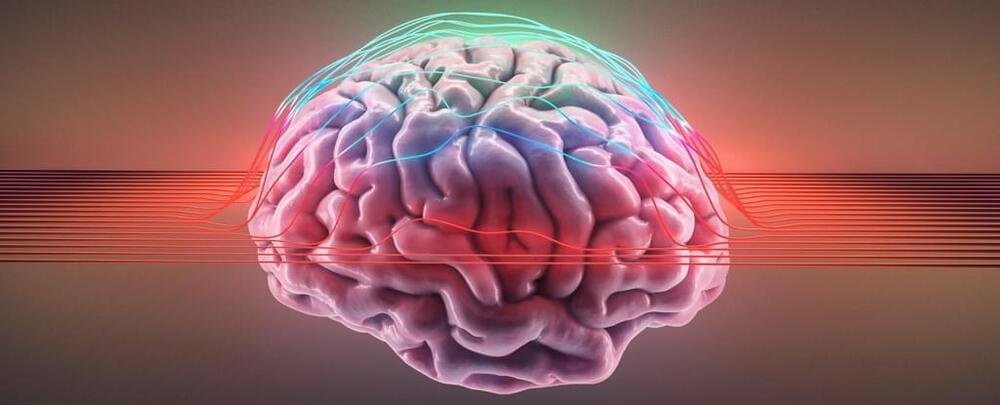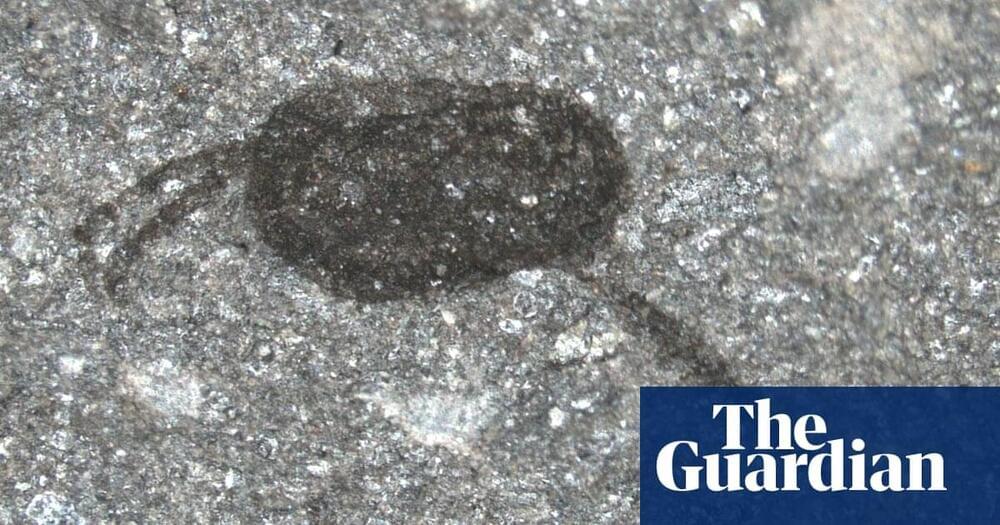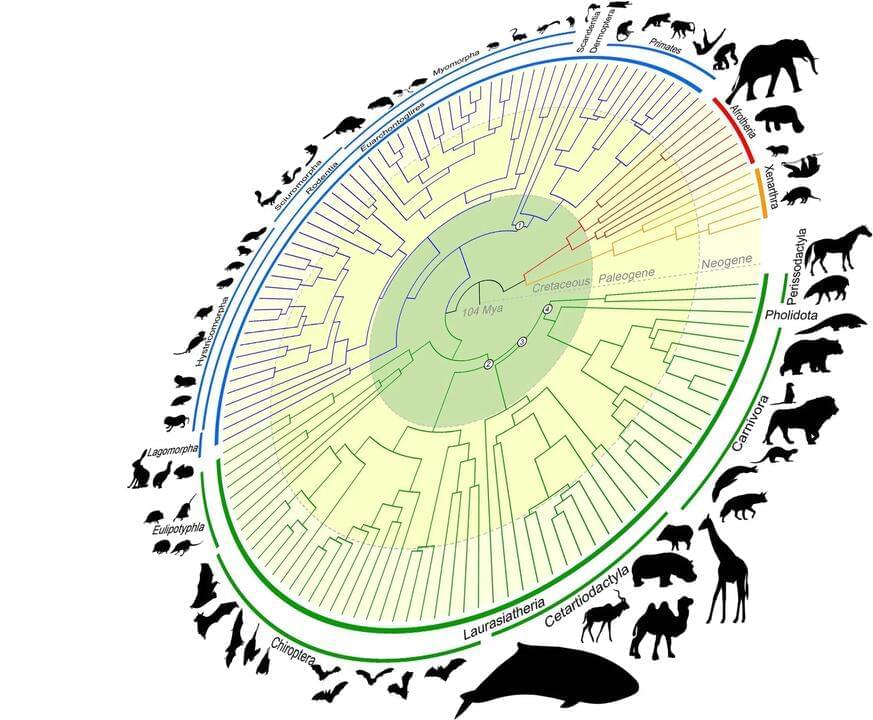A spinning plasma ring mimics the rotating structure surrounding a black hole.
Astrophysicists have many questions about the so-called accretion disk that forms from plasma and other matter falling into a black hole. Now researchers have generated a rotating ring of plasma in an unconfined arrangement in the lab, which will enable more realistic studies of plasma in astrophysical disks [1]. The lab plasma also produced a jet perpendicular to the disk, as real black holes do. The experiment could provide a platform for testing theories describing the evolution of astrophysical disks.
According to observations, the matter in a black hole accretion disk spirals inward at a rate that is thousands of times faster than would be expected from turbulence-free rotation. The leading explanation involves turbulence generated in part by the interaction of magnetic fields with the plasma in the disk, but this theory is difficult to test without a lab plasma that rotates rapidly. Such an experimental system would also allow researchers to investigate accretion disks around massive objects other than black holes.
